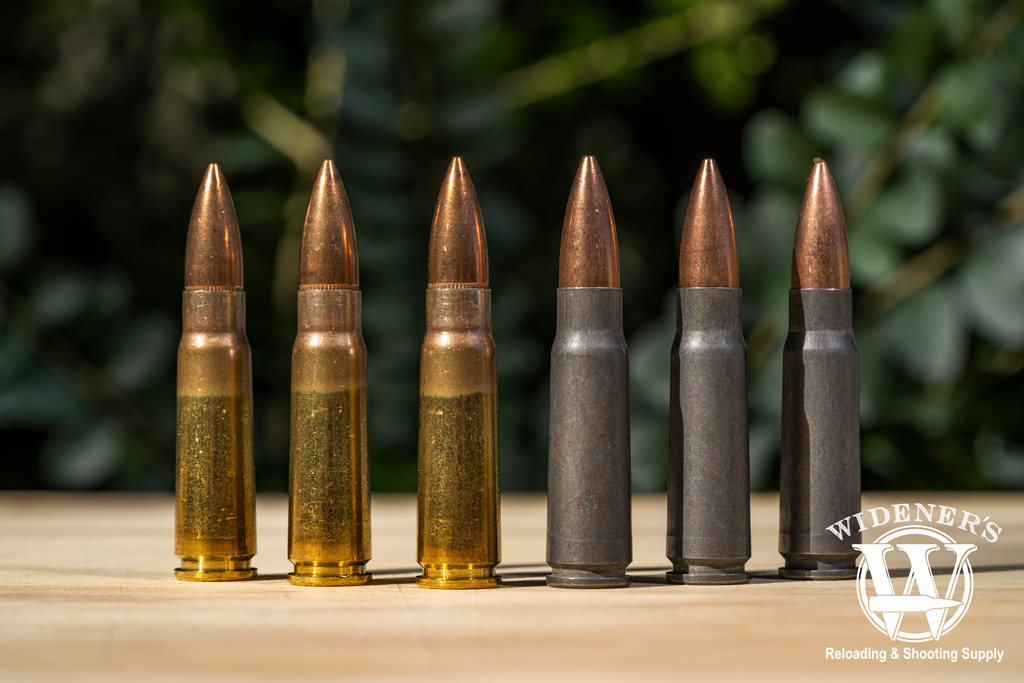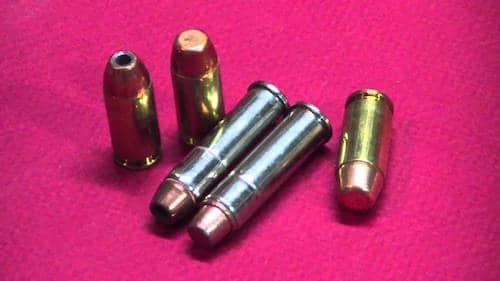

Because the cases have a higher corrosion resistance compared to brass cases, they are better suited for use in leather holders. Nickel-plated ammo casing is often recommended for use in self-defense guns and guns used by law enforcement. When to Choose Nickel-Plated Ammo Casings Choosing a process, such as electroless nickel plating on brass, that produces a smooth and durable coating will ensure the quality of nickel-plated brass cases. Depending on the plating quality, there is also a potential for the nickel to flake off the casing. Nickel-plated brass cases have a higher per-case price than brass cases or cases made from steel or aluminum.

Improved strength: Adding a layer of nickel to a brass case can strengthen the case’s material, making it last longer.Īlthough there are many benefits to choosing nickel-plated casings, there are some potential drawbacks to consider.Easy to see: The color of nickel-plated casings can make them easier to see, both when firing a gun and when inspecting the chamber of a gun to see if it is loaded or not.Nickel-plated cases are less likely to jam or get stuck in the weapon. The low coefficient of friction also allows for smoother and easier extraction of nickel-plated cases.

This means the cartridges with nickel-plated casing slide into a gun better.

Casings are traditionally made from metal, such as brass, aluminum or steel. Case: The case or casing of a cartridge is the container that holds the primer, the gunpowder and the bullet.The explosion produces a flame that travels through the casing, igniting the powder. It’s filled with a chemical that explodes when the gun’s firing pin strikes the primer. Primer: The primer is a small circular object at the base of the cartridge.A cartridge typically consists of four parts: In many cases, whether brass or nickel-plated brass is the right choice comes down to personal preference.īefore weighing the pros and cons of nickel-plated or brass ammo casings, it helps to understand how cartridges are put together. Instead, the nickel coats the brass.Įach option has its benefits and potential drawbacks. Nickel-plated ammo doesn’t eliminate the brass material. Although brass has been used for centuries as ammunition casing, in recent years, the ammo manufacturers have begun to offer nickel-plated options, too. If you hunt or shoot at a range, one question you might have found yourself facing is whether to use brass ammo casings or try out nickel cases.


 0 kommentar(er)
0 kommentar(er)
